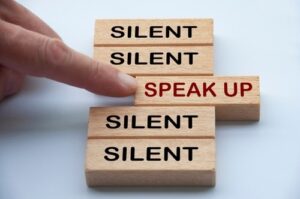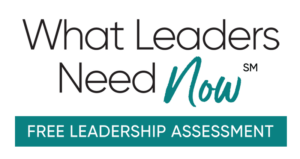The construct of emotional intelligence emerged on the scene in the early 90s, about the time I began my career as a leadership development specialist and fledgling coach. Of course, the skills have been around forever. When Daniel Goleman’s Emotional Intelligence was published in 1995, the concept rapidly began to move from the academic to application – application in leadership and life. His book focused on the two minds – the rational and the emotional – and demonstrated that those with high IQs don’t necessarily succeed any more than those with modest IQs, primarily due to the level of their emotional intelligence, or EQ. The popularity of Goleman’s work sparked ongoing research that produced tools such as assessments and training for use in the workplace and other areas, and by 2000, it had become popular, and today it is a common part of the language of leadership development.
High EQ isn’t something we are born with or without. We can all develop and enhance it with focus and nurture. In my work with executives, I see leaders struggle with one or more aspects of EQ: being able to identify their own emotions as they occur, understanding what others may be feeling (empathy and “reading the room”), self-regulating their responses, and maintaining meaningful, high-trust relationships. I’ve never cared for the common label for this work, “soft skills.” Improving one’s emotional intelligence is not “soft,” and in fact, it can be hard. All of the components of EQ require one common thing: presence. And in the chaotic world of work right now, presence is tough to maintain.
I have produced a short four-part podcast series on emotional intelligence, offering the same tools I share with clients every day. This work is based on my research and practical experience, and references the EQ framework from the book Emotional Intelligence 2.0, by authors Travis Bradberry and Jean Greaves. Each segment is less than 6 minutes and provides reflections and new behaviors to implement (see my YouTube channel). If, after watching the series, you would like to dive deeper, please reach out to me. We can discuss how you can make intentional shifts to enhance your emotional intelligence. This work can transform your leadership presence, and that impacts the engagement and outcomes of those you lead and must influence.










